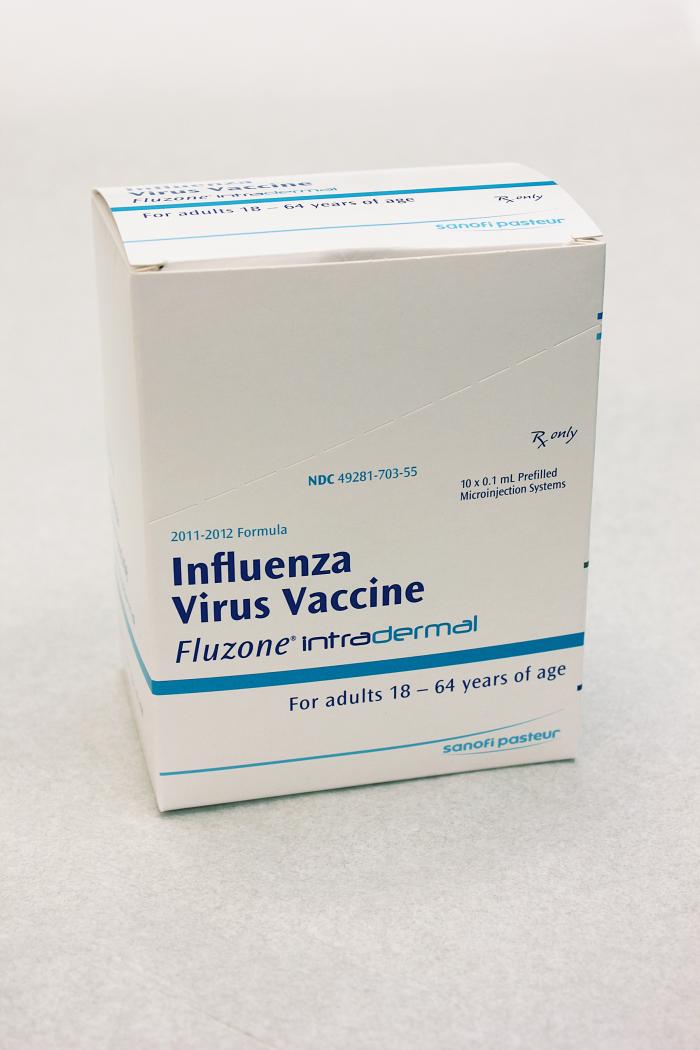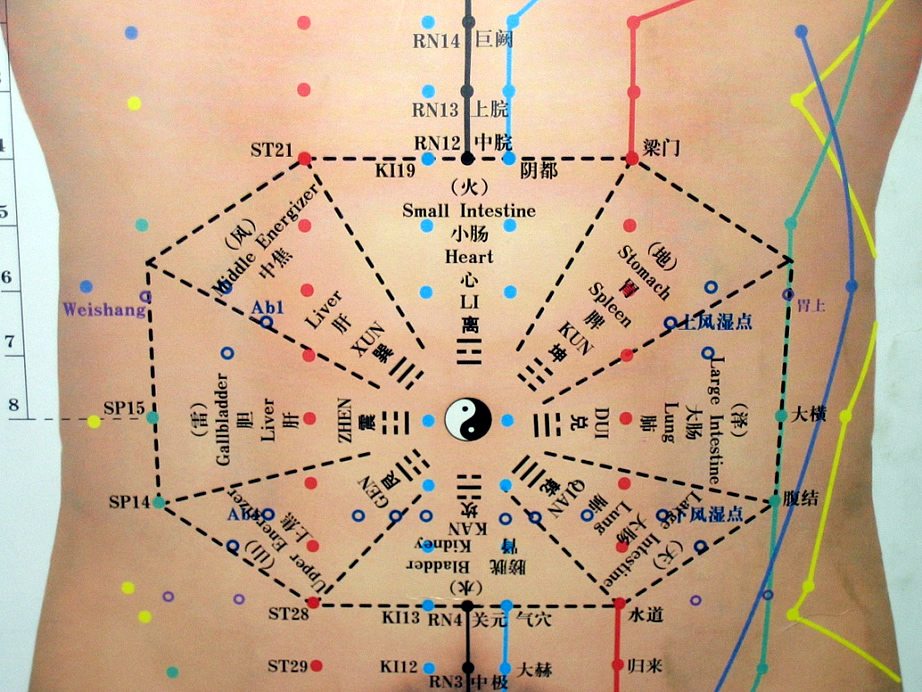
Protect Yourself
Every year influenza makes the rounds, and every year people refuse to get vaccinated for very bad reasons. Don't be a Dumb Ass - get vaccinated.
Physicians and “CAM”
In the last 20 or so years, the popularity of so-called “complementary and alternative medicine” began to lure physicians (M.D.s and D.O.s) into employing CAM treatments, or what is now rebranded as “integrative medicine.” Of course, CAM use by a physician necessarily requires some deviation from the “conventional” standard of care. Because deviation from the standard of care can be grounds for discipline by the...
The Sweetener Wars – HFCS Strikes Back
The health conscious and trendy public are a bit obsessed with the food they consume. This can be a good thing, to the extent that it results in a more healthful diet, but unfortunately those interested in improving their diet must wade through a great deal of misinformation before getting to accurate and helpful information. For example, I recently gave a lecture...
Procera AVH: A Pill to Restore Memory
At the recent Amaz!ng (no, the ! is not a typo) Meeting in Las Vegas, Dr. Gorski, Dr. Novella, “Dr. Rachie” (Rachael Dunlop of Australia) and I participated in a workshop on “Dr. Google” about how to find reliable health information on the Internet. In my presentation, I described step by step how I researched a typical diet supplement product, Procera AVH....
The problem of waning pertussis immunity
There’s been a lot of discussion, both in the scientific literature and online, about recent pertussis outbreaks, which are the worst outbreaks in the US in the last 50 years. How could this possibly be, it is asked, when vaccine uptake for the pertussis vaccine remains high? True, there are pockets of vaccine resistance, where uptake of the vaccine is low, but...
Acupuncture: NCCAM Calls California’s Bluff
The [California Department of Consumer Affairs’] use of the term “endorsement” is inaccurate, may confuse the public, and may lead the public to falsely conclude that NIH has made certain efficacy and/or safety conclusions regarding acupuncture. Further, consensus conference reports are not a policy statement of NIH or the Federal Government… NIH asks that you correct these two points of information in...
Magnesium: The cure to all disease?
Having spent many evenings and weekends working in a retail pharmacy with a thriving vitamin and supplement aisle, I’m no longer surprised at the purchasing habits of consumers. The setting gave me not only the opportunity to learn about the latest supplement fads, but also to speak with consumers that place great faith in these products. A recent paper suggests 25% of...

An Acupuncture Meta-Analysis
A recent meta-analysis of acupuncture studies for chronic pain by Vickers et al is getting a great deal of press. The authors’ conclusions are: Acupuncture is effective for the treatment of chronic pain and is therefore a reasonable referral option. Significant differences between true and sham acupuncture indicate that acupuncture is more than a placebo. However, these differences are relatively modest, suggesting...
Learning from Animals: Evolutionary Medicine with a Twist
In 2005, cardiologist Barbara Natterson-Horowitz was called to the zoo to examine a non-human patient, an emperor tamarin with heart failure. She was surprised when the veterinarian told her not to look her patient in the eyes because eye contact could cause capture myopathy. In this condition, when an animal is captured, restrained, and feels threatened, there is a catastrophic surge of...





